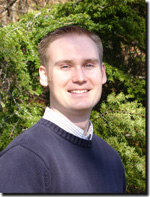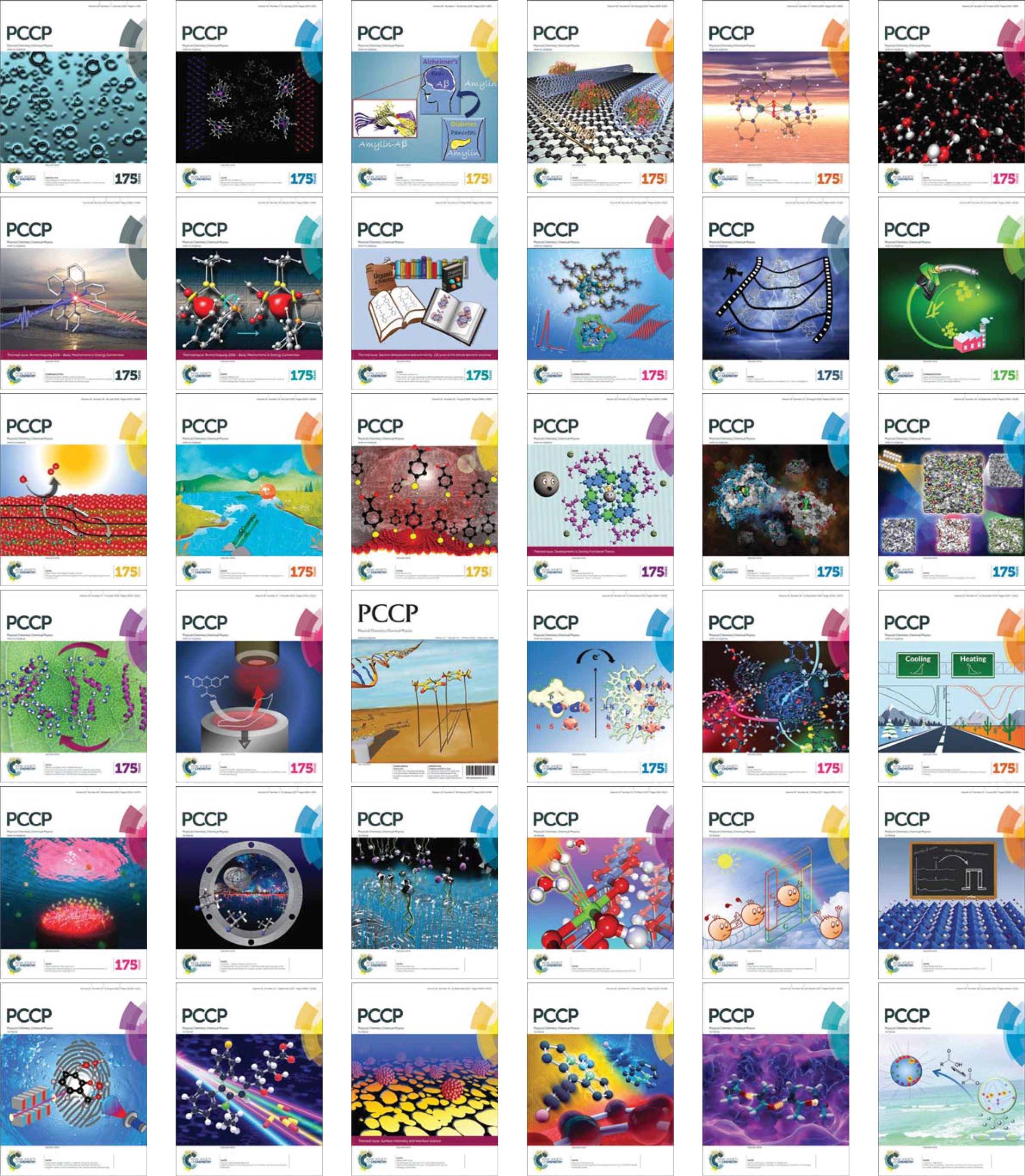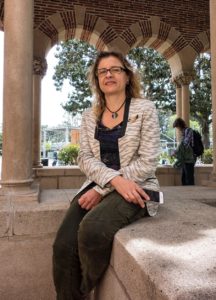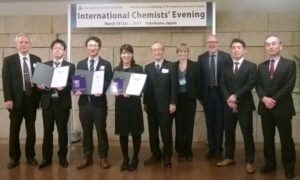We would like to highlight the Outstanding Reviewers for Physical Chemistry Chemical Physics in 2017, as selected by the editorial team, for their significant contribution to the journal. The reviewers have been chosen based on the number, timeliness and quality of the reports completed over the last 12 months.
We would like to say a big thank you to those individuals listed here as well as to all of the reviewers that have supported the journal. Each Outstanding Reviewer will receive a certificate to give recognition for their significant contribution.
Dr Leonardo Bernasconi, STFC Rutherford Appleton Laboratory, ORCID: 0000-0002-9460-7975
Dr Gunther Brunklaus, University of Münster, ORCID: 0000-0003-0030-1383
Dr Sergei Manzhos, National University of Singapore, ORCID: 0000-0001-8172-7903
Dr Karolina Milowska, University of Cambridge, ORCID: 0000-0002-1765-759X
Dr Isao Ohkubo, National Institute for Materials Science (NIMS), ORCID: 0000-0002-4187-0112
Dr Aurelien Perera, Université Pierre et Marie CURIE, ORCID: 0000-0001-9119-6659
Professor Antonio Rizzo, Consiglio Nazionale Delle Ricerche – Area della Ricerca di Pisa, ORCID: 0000-0003-3037-5906
Dr Keisuke Takahashi, National Institute for Materials Science (NIMS), ORCID: 0000-0002-9328-1694
Professor Leonidas Tsetseris, National Technical University of Athens, ORCID: 0000-0002-0330-0813
Dr Hai Xiao, California Institute of Technology, ORCID: 0000-0001-9399-1584
We would also like to thank the Physical Chemistry Chemical Physics board and the physical chemistry community for their continued support of the journal, as authors, reviewers and readers.
If you would like to become a reviewer for our journal, just email us with details of your research interests and an up-to-date CV or résumé. You can find more details in our author and reviewer resource centre














 ORCiD
ORCiD 
